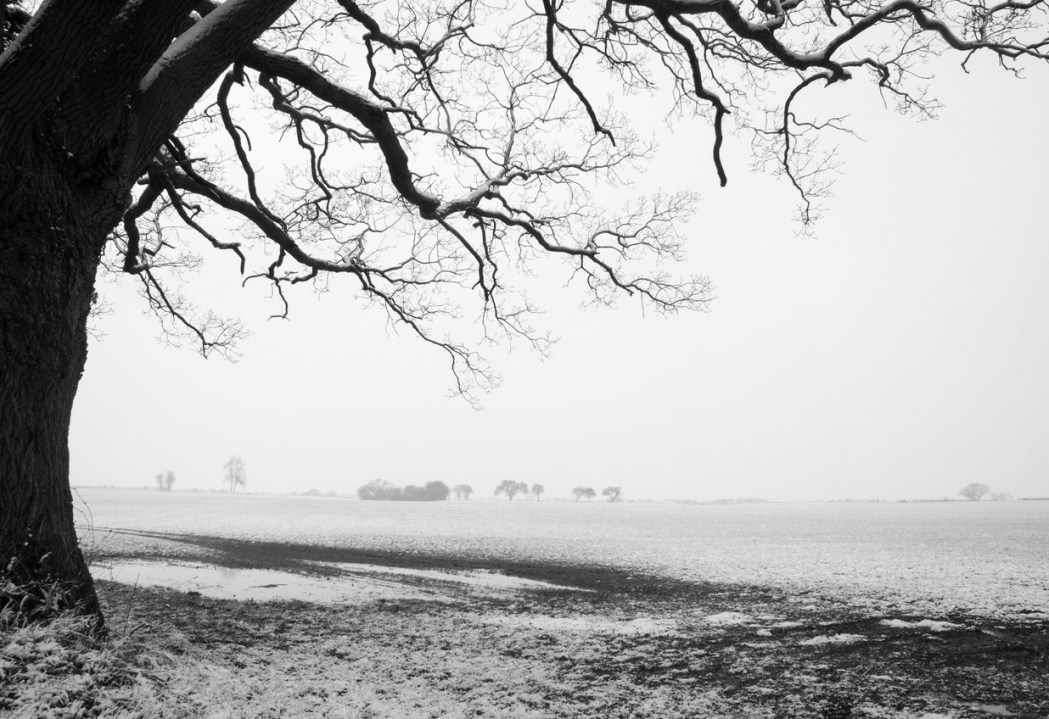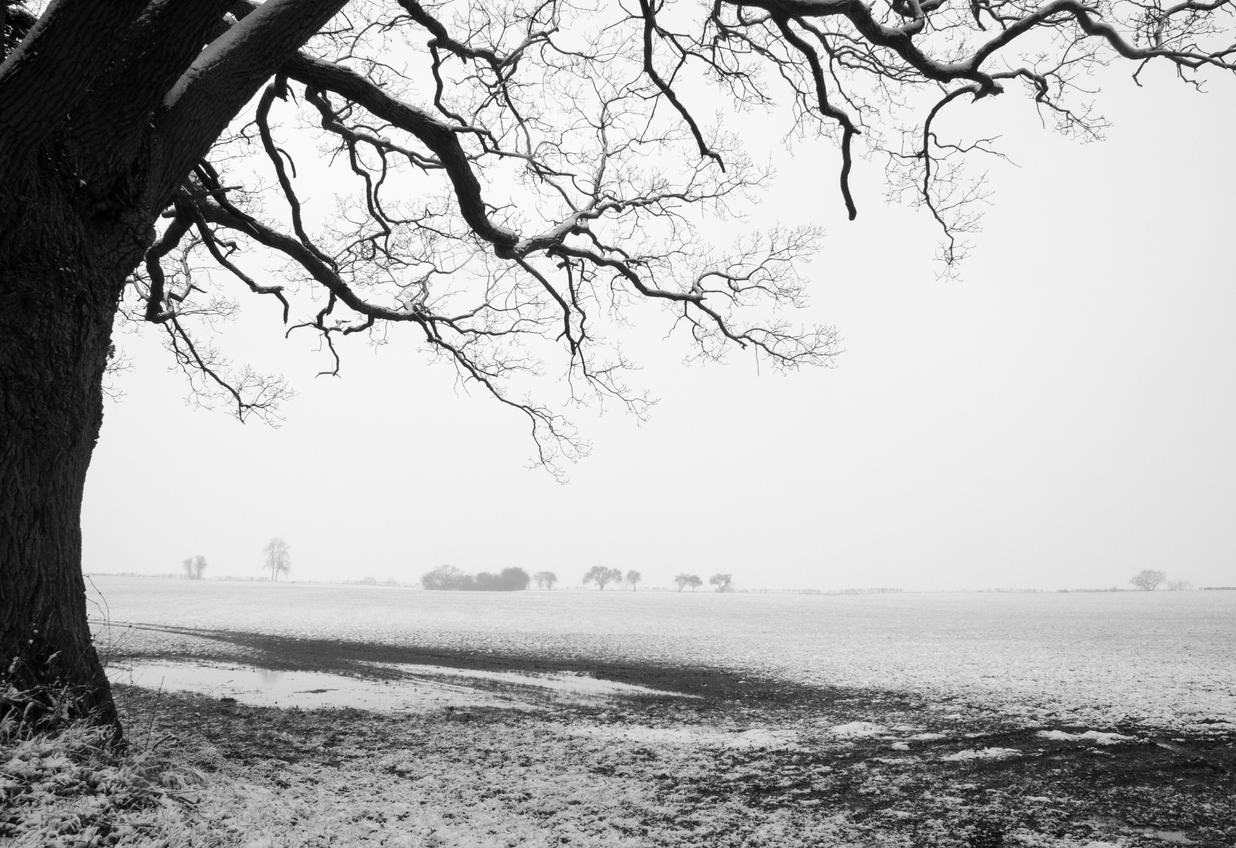We have finally found a buyer for my late mother’s Suffolk house, but I’ve fallen into something of a trap. After the money’s divided and the bills are paid, I shall have a lump sum but nowhere near enough to buy a home. I’m 54 next month, not much more than a decade off official retirement age. Having taken a year off to do up the house for sale, I have little salary to show any mortgage-lender that won’t make them call security or simply giggle. Completion date is in February, and I have nowhere concrete (quite literally) to go to. I spent 2022, having grabbed my two cats and fled from a Russian suddenly-at-war, staying at a series of dirt cheap, pet-friendly hotels in the Caucasus and Southern Italy (where I have a daughter). My rucksack, which once held a litter-tray, a disassembled scratching post and a kilo of Purina catfood, is now grinning at me expectantly from the corner. It’s waiting for its marching orders, knowing it’s all about to start again.
The residents of East Anglia, inland at least, are sky people
This is annoying as both I and my cats (I suspect) would very much like to stay in East Anglia. If I have roots anywhere in this country (and I discount the long periods I spent mooning about the King’s Road as a teenager), they are here. I was born in Essex, grew up in Suffolk and have a sister living in Norwich. My father’s sheltered housing is in Girton, Cambridge, and I can grab a pub meal in the same Hertfordshire Hotel where my grandfather, through decades of a fraught marriage, drank his port and lemon each evening after work. When I’ve met other East Anglians abroad or in London, I’ve felt a strange but immediate kinship with them. It must mean something to come from the same region, if only that your points of reference – Ely Cathedral, Colchester Zoo, Kentwell Hall or the gloriously tacky Clacton Pier – are the same.
I’m fond of the place, as you grow fond of many things known over decades. It’s not a dramatic part of the country, set beside the Yorkshire Dales or Scafell Pike, and outside the Lovejoy series of pink houses, village greens etc., not epically picturesque. Often it’s the butt of jokes, about Romford slappers or big-eared boys in Fenland villages. ‘Suffolk is known as the county of ugly women,’ drawled late art critic Brian Sewell. ‘Everything that comes from East Anglia is pretty dull if it isn’t ugly.’
But I think Brian Sewell missed the point. East Anglia’s functionality – this great undulating slab of fenland and wheat and potato farms – is part of its charm. It’s an area that knows its place and, outside Cambridge and twee villages like Lavenham, isn’t up itself at all. Like the people – reassuringly reticent till you need their help – East Anglia keeps itself to itself.
Other parts of the country have mountain dwellers, valley men, locals shaped by closeness to the sea. The residents of East Anglia, inland at least, are sky people, drawing their variety (and neuroses) from the vast space above and its ever-changing interplay of cloud and sunshine. No two days are quite alike, and the area doesn’t lack its own magic. You need to live here to understand the tiny but palpable jolt you feel on hearing place names like Shotley Peninsular, Blakeney Point or Westwood Marshes. On a sunny day, the wilds of Norfolk – and its coastline – have an almost Enid Blyton freshness about them. Suffolk towns like Hadleigh or Long Melford, with their antiques markets, bookshops and country pubs are, as I get older, the sort of place I long to make a home. That there’s little chance of this happening – a decent two bed costs about £250,000 – is probably a mercy. Nothing could live up to the vision I have of endless rural dinner parties, cosy little bistros run by spiritual descendants of Keith Floyd, or the musty local church with the Book of Common Prayer and the aged, paltering priest. That version of East Anglia almost certainly doesn’t exist any more, if it ever did, and the resulting disillusionment is probably best avoided.
But plenty of others have embraced the place. Alan Partridge, son of Norwich – ‘the little island in the bog’ – may be the most famous East Anglian, but he isn’t the only one. Actress Olivia Colman comes from the same city, and Stephen Fry from a village half an hour away. Composer Benjamin Britten made Aldeburgh his own with international music festivals at nearby Snape. Wormingford in Essex is where nature writer Ronald Blythe watched the seasons whirl from year to year, while Jeffrey Bernard, late of this parish, had a cottage in Chelsworth and would raise drunken hell on market days in Sudbury. The list goes on. It may not be Sunset Boulevard, but it’s not a bad roster.
It seems I won’t be joining them. Even in the ropiest of Norfolk villages, the kind where recently I saw the C-word sprayed festively in silver across a pillar box, a studio flat the size of an After Eight mint will clean me out, and I need a spare bedroom for my daughter. This is something my contemporaries, with their six-figure salaries and annual bonuses, fail to understand. ‘East Anglia?’ said a lawyer friend breezily. ‘Then you want the Suffolk coast. A nice little cottage in Aldeburgh.’ I humoured him with the kind of look you’d give someone telling you he was being persecuted in life by a Baltic herring named Anthony. Aldeburgh? Aldeburgh? How can I bring home to him that a two-bed flat in Stowmarket – the town which was a dumping ground for hard up masters at the prep school we were both at – is the stuff of seething, sprite-laden fantasy? How different our lives become.
They’re about to become more different. My daughter has a habit of filching a few coins from my pocket in shops and wandering off to the sweet section to see what she can buy. Her face, as she realises such a tiny sum can’t buy anything at all, is a picture of slow disappointment. After three despairing months web-surfing on Rightmove, I’m beginning to see how she feels and have finally thrown in the towel. Come the middle of February – barring miracles – I’m off to Italy to fight for residence there. A three-bedroom seaside house close to Bari costs about £80,000 and maybe the local espresso and vagaries of Puglian life will provide more ups and downs than the East Anglian landscape. Very flat, Norfolk, as Noel Coward once said – especially if you can’t actually afford a flat there.







Comments